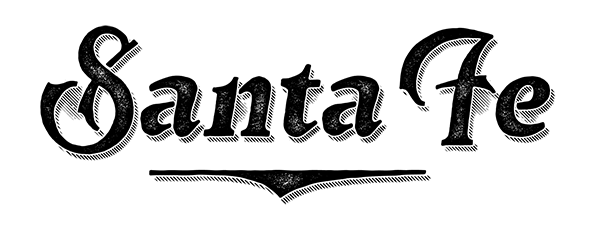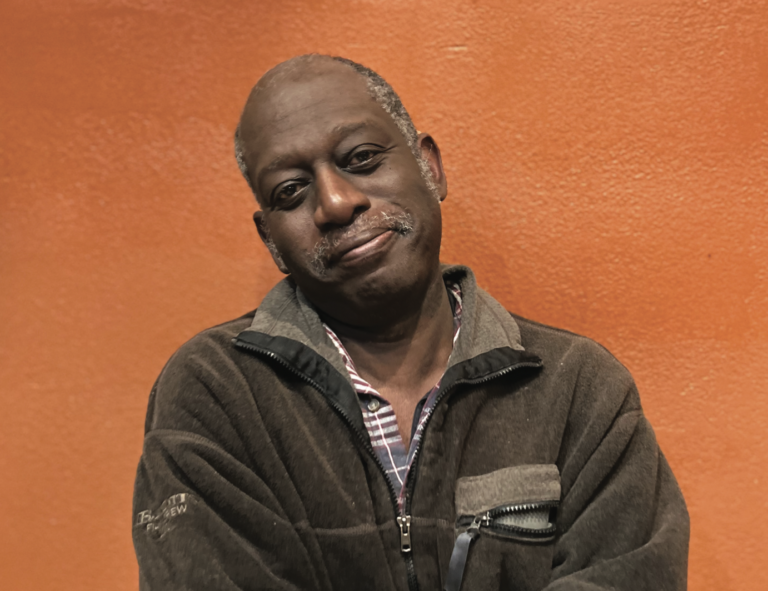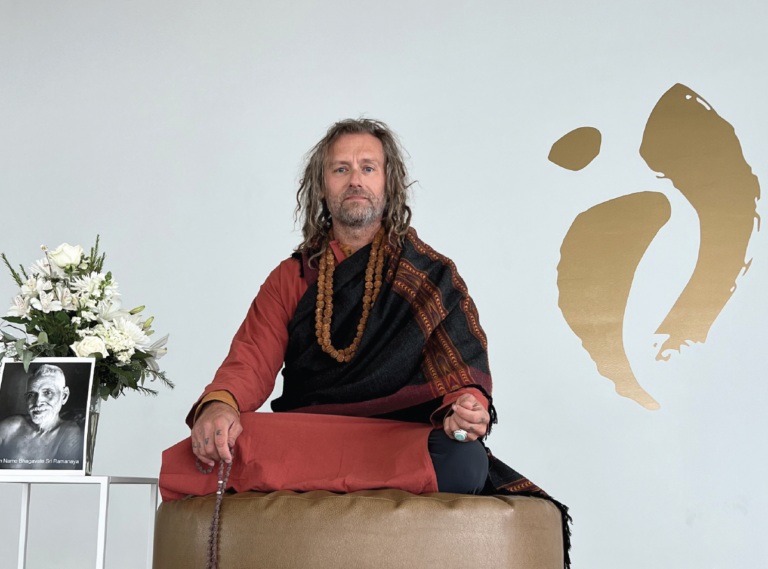THIS ONE DOESN’T HAVE CAUSALITIES, though it has some wounded parties – those who have the audacity to suggest that anyone besides the country boy from Stratford-upon-Avon produced the best words ever written.
Nevertheless, some brave souls have ventured into the danger zone; notable examples are Mark Twain and Henry James. They convinced very few people, especially academics. But they succeeded in taking a lot of shit for it.
James Shapiro, the preeminent Columbia University scholar who recently wrote Contested Will, is generally thought to have closed the book on the subject. That’s why I was surprised when Robin invited him to speak on the topic in Santa Fe.
Because Robin, who was co-running the International Shakespeare Center here (she’s a textual scholar), wrote a book that argued that Shakespeare was, in fact, a woman.
I thought it so impressive that I offered to host her and Shapiro, perhaps to see a shoot-out. Although that didn’t happen, I got to know Robin. A funny thing happened by the end of this interview, which continued for 90 minutes and ended only after I followed Robin to her car. Querying her, as it were, until her car door was closed.
Please keep this a secret: I think she might be right.
You have a degree in Shakespeare.
There was a master’s degree in Shakespearean Authorship at Brunel University in London. It was the only post-graduate program in the world that looked at the Shakespearean authorship question; not trying to figure out who it is, but why it’s a question. What is going on with all that? Why can’t it be talked about in universities? What are the possibilities?
So here’s this degree program in England, which is somewhat uppity about Shakespeare, and yet there’s a whole degree for that?
I’m on the board of the Shakespearean Authorship Trust that started in London in 1923. So it’s been a question for a long time. But in England, they’re not as uppity; they actually don’t seem to know much more about Shakespeare than we do. When I got the master’s, I realized I could actually get a doctorate. So I did, on The History of Reading Shakespeare.
Wow!
My focus was how, in the past 80 years, there’s been this performance criticism thing happening in universities. This idea that Shakespeare is about performance, and so everything is structured around Shakespeare in performance – and claiming that it shouldn’t be read.
In 2003, a British scholar wrote a book about Shakespeare (the literary playwright) claiming that Shakespeare’s plays were meant to be read just as much as they were performed. Well, I started looking at the history of reading Shakespeare out loud, and I could trace how it was taken away from us readers. There used to be Shakespeare trading cards and parodies and advertisements about Shakespeare. Victorians had family reading night circles where everybody would gather around the fire. In the early 1700s, the Shakespeare Ladies Club was clearly reading the plays because they insisted that more plays be performed than were being performed, and they only knew about those because they were reading. Shakespeare was read everywhere.
The Women’s Club movement in America started in the last quarter of the 1800s. They built 75% of our libraries America, and many of their reading groups were Shakespeare reading groups. I find that a fascinating thing too, that it has spoken to women. I could actually prove that women saved Shakespeare from oblivion.
How?
Women had a thing for Shakespeare. Even today, you go to any performance of Shakespeare, and it’s 95% women. But the idea of reading Shakespeare got taken away by this sort of priesthood of the scholar or the actor. Ian McKellen has a video clip on the RFC site saying, “Oh, you mustn’t read the plays; the actors will read them, but you shouldn’t read them. You should just go see them.”
And so today, people haven’t grown up with it.
Right. You didn’t grow up listening to it in your family reading circle or in school. The other problem with performance-only is that you’re getting an interpretation, you’re not getting the actual play. If the only Hamlet you ever saw was Mel Gibson’s Hamlet, you’d think Hamlet raped his mother. And you’d think Shakespeare wrote that.
Now you do a lot of teaching?
So, they’re not classes. I’m not teaching Richard II. We’re reading it together and we’re discovering the play. We read a play line by line. And we talk about what it actually means. There are maybe 30 people reading, and everybody has an opinion. Sometimes people get scared away. But the people who hang in there become curious and dig deeper into the text.
You have suggested that the person who wrote the plays might not even be Shakespeare.
People hang on to things they first learned. It’s like politics: no matter what you tell people, no matter what facts you present, they’re going to believe what they will believe.
But who cares? Why is it so important that we know?
When I heard about this question, I thought the same thing. It doesn’t matter who wrote the works, it’s the works that count. And then when I learned that most of the sonnets are written to a man, I thought, Well, if there’s a question about who wrote these, and the sonnets are written to a man, why has no one seriously looked into the fact that a woman wrote love poems to a man? That’s not a big leap.
In fact, it’s just common sense. I started looking and I found this little book, Uppity Women of Medieval Times. There was a page about Mary Sidney, who was as well known for her alchemy as she was for her poetry. And I thought, Well, there’s a girl.
So I started looking to see if she’s possibly our Shakespeare because I had already considered Shakespeare’s wife, Oxford’s wife, Queen Elizabeth, and other women of the time, but they didn’t make sense.
Mary Sidney was born three years before Shakespeare and died five years after, so that was perfect timing. And what I discovered about her was just amazing: she led the most important literary circle in the history of the English language. If she’d had a dick, she’d be famous. And it was unacceptable for women to publish, except religious writing or translations.
So the first eight or nine Shakespeare plays were anonymous. Was she writing these and thinking she had to let someone else be the author? We have no idea who put the name William Shakespeare on them. He was in the acting company, but did he take them to the press, was he paid to do it? Mary Sidney certainly wanted to see her stuff published, so somebody had to do it, right? She couldn’t complain if somebody else put their name on it.
So she had the ability to pay, a very literary family and circle, was prohibited from publishing plays…any other evidence?
If Shakespeare was a man, you’d expect a different view on the world. There are only four plots in the plays that are made up, and they are all totally women’s plays: Merry Wives of Windsor (four women make fools of every man in the play), A Midsummer Night’s Dream (two women running around), Love’s Labour’s Lost (four princesses come to town and say, “You want to marry us?”), and The Tempest (a young woman on an island and her father wants to…).
I hate to say it, but that’s a lot of convincing evidence.
Learn more at internationalshakespeare.center
Photo SFM








